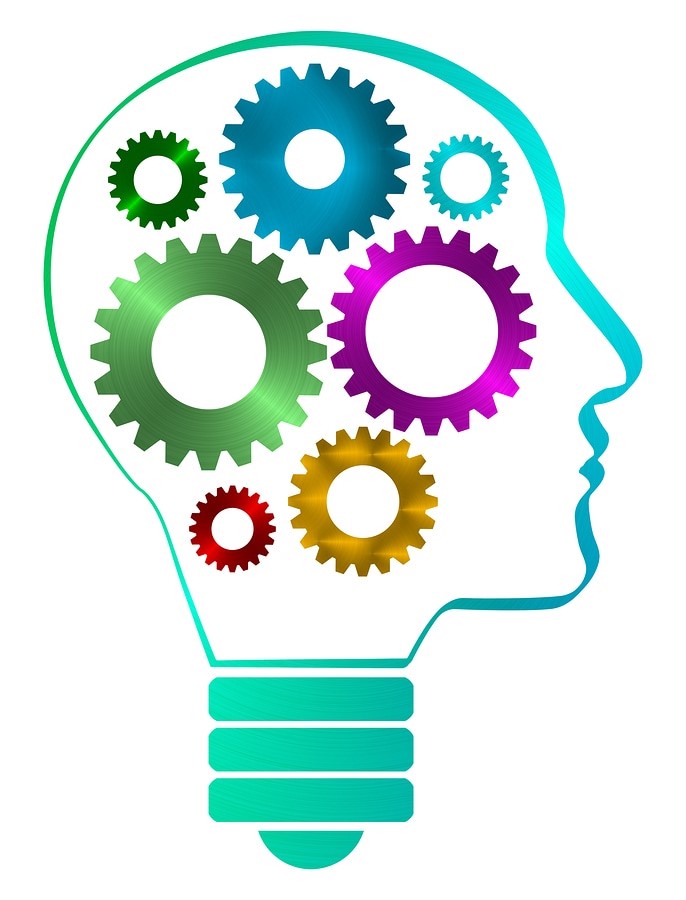Cognitive Behavioural Therapy is a short-term, goal oriented and structured therapy approach that focusses on the relationships between thoughts, feelings and behaviours. It is an evidence-based approach used as an effective treatment for depression, anxiety, panic, chronic pain, eating disorders, phobia and others. Cognitive Behavioural Therapy works to build a set of strategies that allows an individual to become more aware of their thoughts, feelings and behaviours and recognize and change the dysfunction that can exist within them.
The cognitive model of this approach suggests that our thoughts contain distortions that we believe to be facts when there is little evidence to support them. One of the goals of Cognitive Behavioural Therapy is to identify irrational, unhelpful and maladaptive thoughts and change them. This process begins by first identifying our distorted thoughts – some cognitive distortions can include all or nothing thinking, catastrophizing, personalization and blame, overgeneralization and discounting the positives. Once we have identified these distortions, we can work on challenging them by developing alternative and more realistic thoughts.
Feelings can also contribute to maldaptive behaviours and thinking because they can make us act in certain ways. Feelings are not right or wrong, or good or bad, however sometimes can feel intense and unbearable. It is important to remember that feelings are just feelings; We do not have to act on them, especially in ways that are harmful to us. Sometimes just acknowledging and accepting our feelings can be a good strategy to manage them. You could imagine your feelings as being waves in the ocean; As they come close to you, do not try to stop them or avoid them. Instead, accept them and ride the wave. Acknowledge that your feelings may be uncomfortable but they will pass.
Behavioural activation is another part of the Cognitive Behavioural Therapy model that can help in rewiring the brain to become more of a positive feedback loop. We often wait to feel better before being motivated to do something and we allow these feelings to isolate us and avoid certain people and situations. Activating behaviour first, even when we don’t feel like it, can kick start a more positive thought process and in turn help us feel better. For example, exercise releases dopamine (the feel good hormone) and has been proven to instantly lift mood and activate more positive experiences. It can be difficult to use behavioural activation when we do not feel like it, however forcing ourselves to do so can help significantly.
This was just an introduction to how Cognitive Behavioural Therapy can be effective in changing the wiring in our brain. If you would like to explore how to rewire the brain or cope with anxiety, depression or other mental health concerns, contact Aziza Giga-Hirji who specializes in Cognitive Behavioural Therapy. Working with a counsellor can be extremely helpful to achieve effective results and positive change.
Aziza Giga-Hirji MSW, RSW specializes in the areas of stress management and communication, as well as many others. For more information on Aziza, her work, or other articles she’s written for Living Well click here to link to her full bio page.


